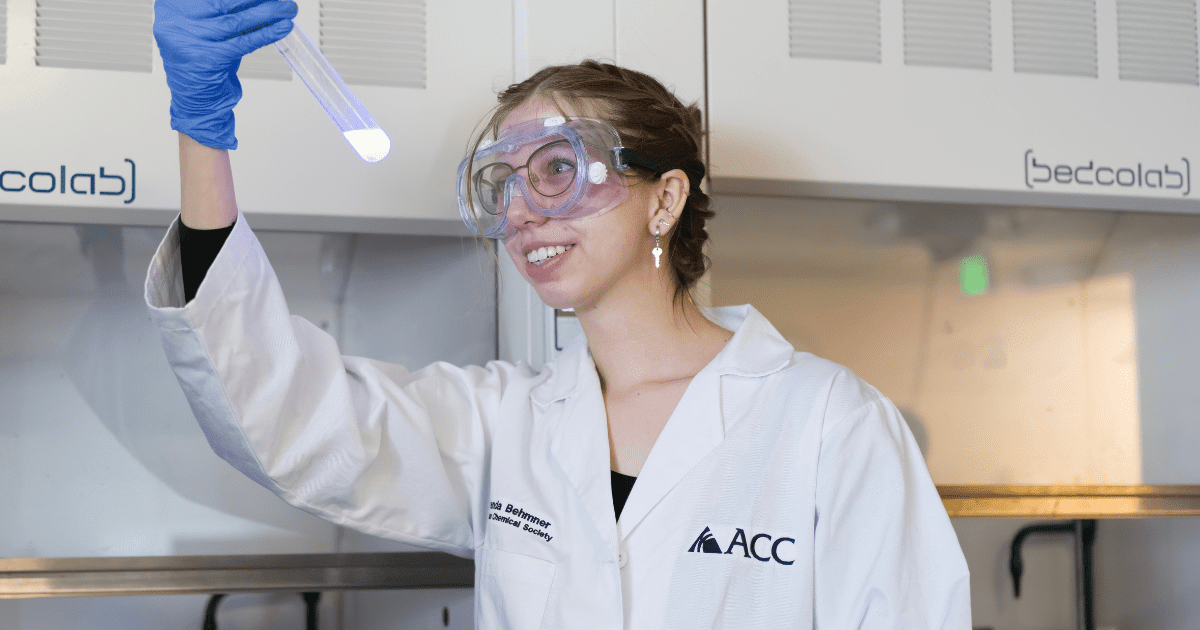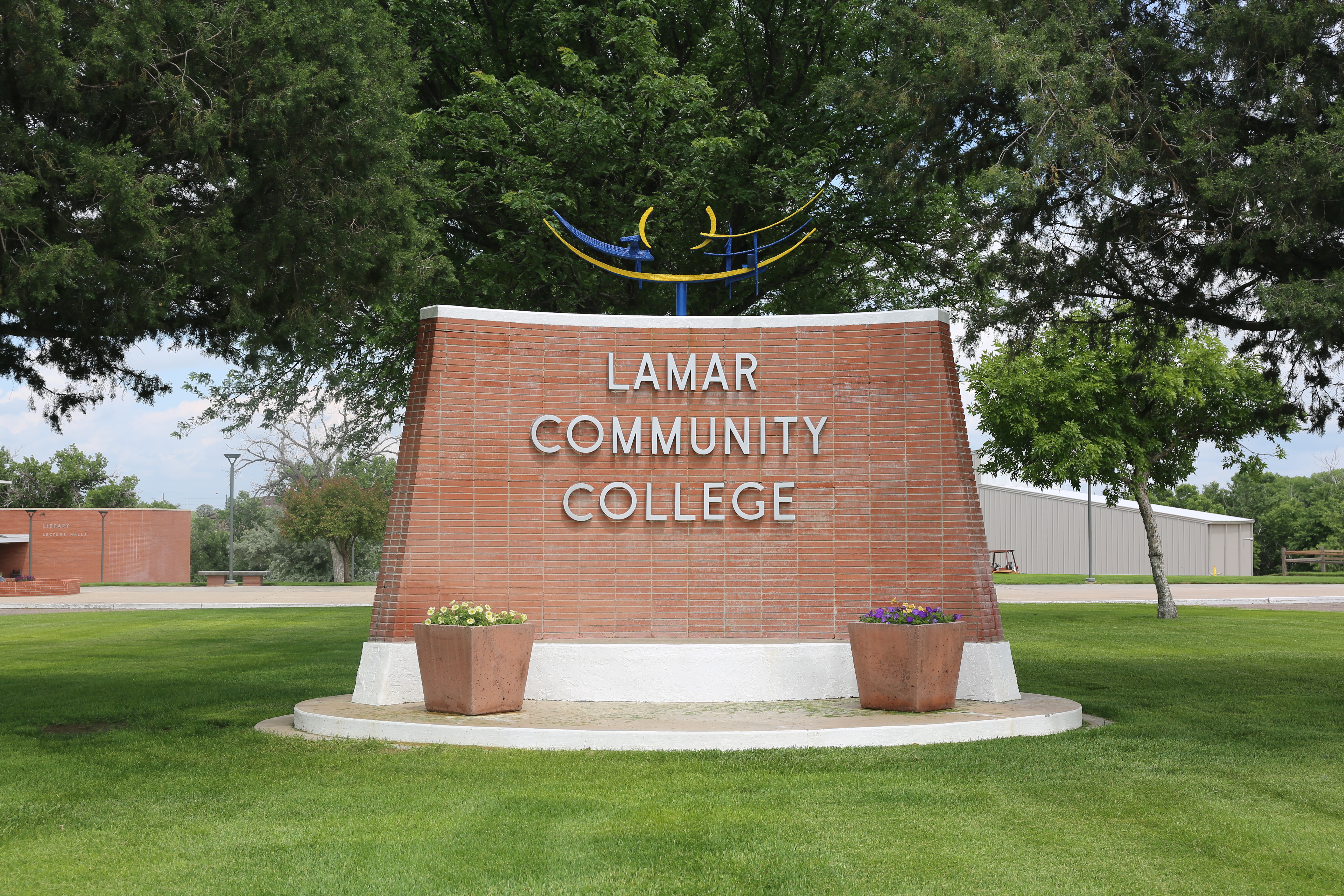When Arapahoe Community College (ACC) decided to make its campus more inclusive for adult learners, they started in an obvious place: the Welcome Center.
“As a college, we need to understand that adult learners are our population,” said Kayce O’Brien, ACC Director of Admissions, Recruitment & Outreach. “Our community is getting broader and more diverse every day, and we would be remiss to not acknowledge that.”
To better accommodate adult learners—those 25 or older—ACC is expanding translation services and seeking input to improve the student experience. The project is supported by a $20,000, one-year “mini-grant” from the Colorado Community College System (CCCS), which was awarded a $1 million grant from the Lumina Foundation as part of their REACH Collaborative. By funding campus pilot projects, CCCS hopes to boost credential attainment by 2% among CCCS adult students of color.
“We do not have a set number of staff that are required to be bilingual or multilingual,” said O’Brien. “We found that was a real gap in service—not only for prospective students, but also their family and support persons who are helping make decisions about their college experience.”
On-demand translation services are offered in nearly every language, including ones spoken widely among the ACC community like Spanish, Mandarin, and American Sign Language. ACC also translated key recruiting documents—such as its viewbook and admissions checklist—into Spanish.
ACC’s equity work goes far beyond translating documents and is aiming to transform the entire student experience. I am impressed with how the college is using student input to make changes and foster a sense of belonging, which has been shown to improve outcomes.” – Dr. Ayelet Zur-Nayberg, CCCS Director of Adult Student Success
As the project took off, the college quickly realized it needed to expand translation into other areas, too.
“It’s lovely to have these services available for the on-ramp experience, but what do you do for students once they come?” O’Brien said. “We set it up so every forward-facing department at the college has access to the translation service—everywhere from our human resources department and academic support services to our testing center and even our IT department.”
The services are working well so far, O’Brien said. Her team recently helped a student originally from Mexico City enroll in ACC’s Emergency Medical Services Academy, which is covered under the state’s Care Forward Colorado program. Absorbing information in his native Spanish gave him confidence to register, and he was excited to share materials with friends and family, O’Brien said.
The project is far from finished, though. With guidance from a Lumina Foundation equity coach, the college is hosting focus groups to identify additional resources that will make campuses more inviting. They also plan to create a lounge area catered specifically to adult learners.
“We want to really learn about the student and find out where they are drawn to on campus,” O’Brien said. “Do they have a place where they feel comfortable studying in between classes? What are some resources that we can provide? We are looking forward to collaborating with our students to develop a space in our main building at the Littleton campus and then grow those resources and spaces to our other college facilities.”
Dr. Ayelet Zur-Nayberg, CCCS Director of Adult Student Success, is leading the Lumina Foundation grant at the System Office and is excited to see the ACC project come to life.
“ACC’s equity work goes far beyond translating documents and is aiming to transform the entire student experience,” she said. “I am impressed with how the college is using student input to make changes and foster a sense of belonging, which has been shown to improve outcomes.”
With such a strong start, O’Brien is eager to see what the college can achieve years down the road.
“We’re still seeing it come into action, but it’s widely supported. Even if the grant expires, we’re committed to continuing this service across our college.”


